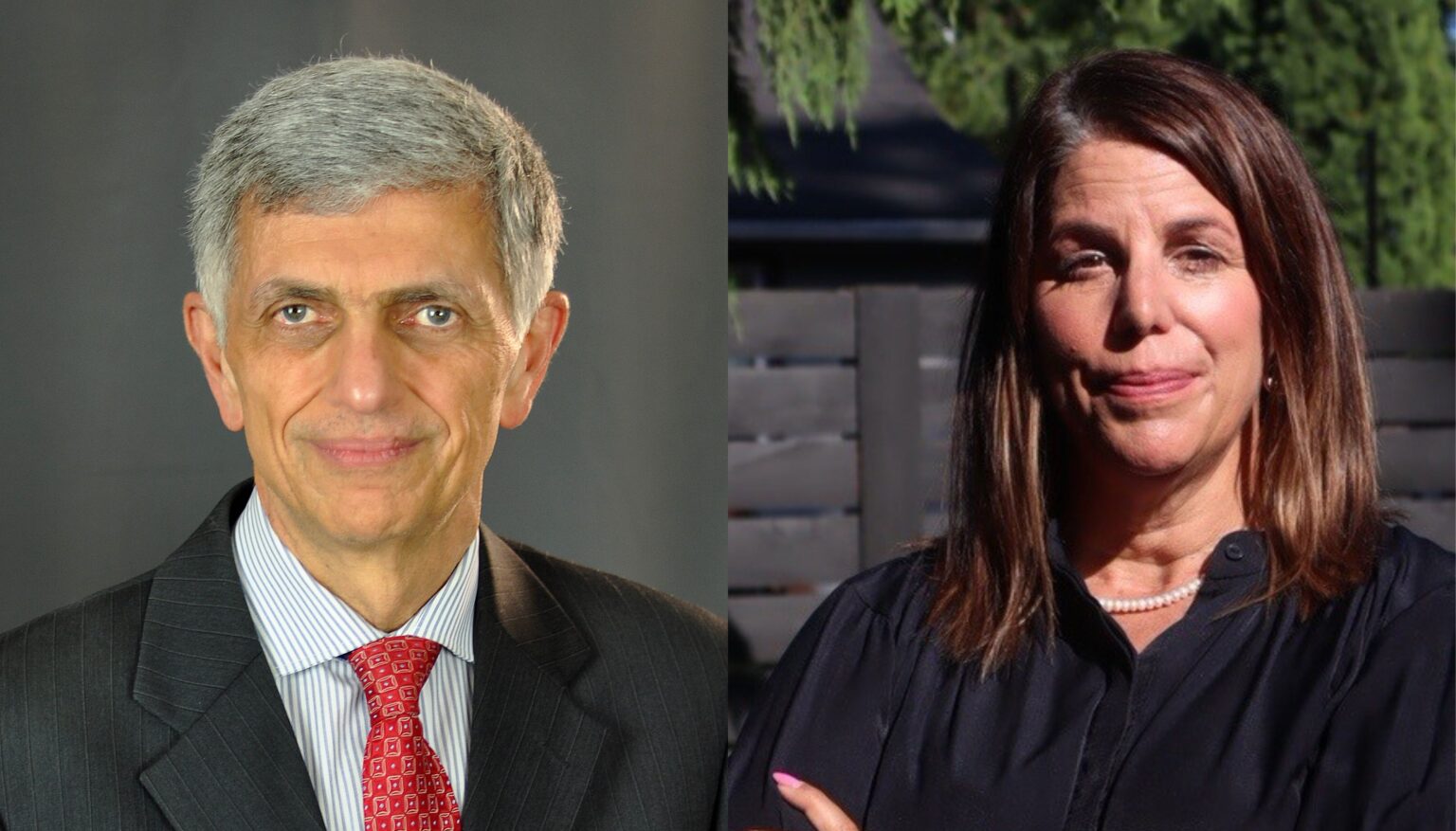Capitol Chatter: Oregon government is losing leadership
Published 5:00 pm Thursday, January 6, 2022

- Capital Chatter square logo
Oregon is losing its leadership.
House Speaker Tina Kotek stunned the political world by announcing Thursday that she was resigning as of Jan. 31. That move enables the Portland Democrat to concentrate on her gubernatorial campaign.
Trending
House rules would have blocked Kotek from fundraising once the 35-day legislative session begins on Feb. 1. Her campaign treasury currently pales in comparison with those of potential Democratic candidate Nick Kristof and independent Betsy Johnson. However, Kotek’s imminent departure, a reversal of her previous pledge, will hand the House to an unproven leader for the 2022 Legislature.
For better or worse, Senate President Peter Courtney and Kotek are the longest-serving presiding officers in Oregon history. On Wednesday, Courtney texted his colleagues that he would retire at the end of the year instead of seeking re-election. The Salem Democrat has been a moderating counterweight to Kotek’s liberal policies and those of the increasingly liberal Senate Democratic Caucus.
Meanwhile, of course, Gov. Kate Brown already is on her way out, barred by the Oregon Constitution from seeking another term.
I referred to Kristof as a “potential” candidate because Secretary of State Shemia Fagan on Thursday morning announced that the state Elections Division had found him ineligible to run. That announcement came two hours before Kotek made hers. Coincidence?
The dispute boils down to what it means to be an Oregon resident.
Kristof said the legal case for putting him on the ballot is clear. That is true. The former New York Times columnist grew up outside Yamhill, spent considerable time here while living in New York or abroad, and probably knows more of the state than many folks do.
Trending
Yet, also clear is the legal case that he is not qualified because he won’t have been an Oregon resident for the required three years before this year’s general election on Nov. 8. The key factor according to Fagan and her elections officials was that he voted in New York as recently as 2020.
Of all the political announcements this week, Kotek’s legislative departure was the most surprising and Courtney’s the least. But Fagan’s was the most intriguing.
Fagan, like Kotek and Brown, solidly sits in the progressive – that is, liberal – wing of Oregon Democrats. A late replacement entry in the 2020 secretary of state’s race, she narrowly won the Democratic primary with massive support from public employee unions. People have since wondered how she might govern her office. Would she push progressive policies or be more even-handed?
She reportedly was under pressure from unions, Kotek supporters and perhaps others to declare Kristof ineligible. So, in recent days, Kristof’s campaign put forth media pieces from former Democratic secretaries of state, a retired judge and others who reasoned he should be on the ballot.
On the one hand, that seemed a public relations effort designed to sway Fagan’s decision. On the other hand, it potentially provided Fagan with political and legal cover if she did defy expectations and allow Kristof to run. For her part, Fagan said Thursday that she did not interfere with the Election Division’s clear-cut determination that Kristof was ineligible.
Speaking at his own press conference three hours later, Kristof did not make a rousing defense of why he meets the three-year residency requirement. Instead, he said the Elections Division ruling defied case law and common sense and was done to protect the status quo political establishment from his candidacy.
The residency issue always seemed destined to end up in court. Sure enough, Kristof vowed to appeal.
Kristof smartly sidestepped a reporter’s question of whether he thought “the fix was in.” I do find it surprising that 1) the Secretary of State’s Office made the determination so quickly after receiving the Kristof campaign’s hefty legal submission on Monday, and 2) Fagan and elections officials felt there wasn’t time to get a formal legal opinion about his residency from the Oregon Department of Justice, relying instead on phone calls for advice.
Fagan and election officials said the Monday submission included little new information from Kristof.
Kristof emerged as a formidable candidate among Democrats. If I were Kotek, I’d be concerned about his financial advantage. I would worry even more about any perception – accurate or not – of maneuvering to keep him off the ballot.
So, does Kristof belong on the Democratic primary ballot in May? The answer seems far more muddled than either side contends. I’d been thinking that his voting in New York obviously meant he wasn’t an Oregon resident. I do wonder whether Kristof adequately took that into account before leaving the New York Times last year to enter politics.
Now I’m leaning toward a broader interpretation of residency. Kristof voted in the New York election but he mailed that absentee ballot from here in Oregon, where he was residing.
I wonder whether the determination of residency should be left to voters. Putting Kristof on the ballot allows them to make that decision through whom they elect. Keeping him off the ballot deprives them of that opportunity.
Bear in mind, however, that I’m not a legal scholar and my bias is that a Kristof campaign would contribute to a robust political discussion about Oregon’s future. According to an online survey last month by the Oregon Values and Beliefs Center, three-quarters of Oregonians worry about the state’s future.
Meanwhile, legislators must deal with the present. They begin their work soon under triple clouds of uncertainty: the pandemic, a lame-duck Senate president and an unknown House speaker, whose selection could spur political infighting.
Continuing concerns about COVID-19 mean that legislators will meet by video next week when they partake in workplace conduct training and then hold three days of pre-session committee meetings. Three people who have been diagnosed with COVID-19 were in the Capitol last week.
Any additional health and security protocols for the February session have yet to be announced. The Capitol is expected to remain open to the public in some form, but with committee meetings conducted by video conference. The main committee hearing rooms, located on the Capitol’s south side, are unavailable due to ongoing renovation.
If 2022 already has a political theme, that theme is uncertainty.
“Salem’s success at the Legislature in recent years reflects a concerted effort to rebuild Capitol relationships.”




